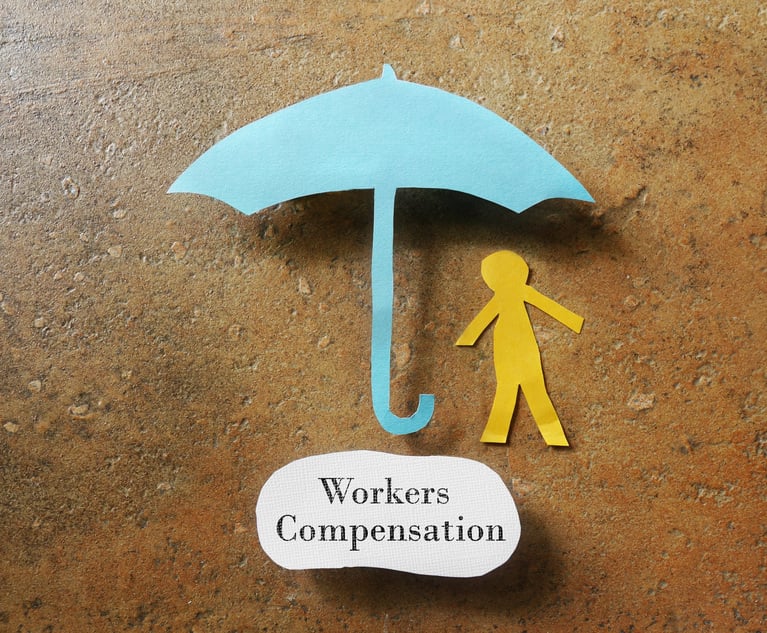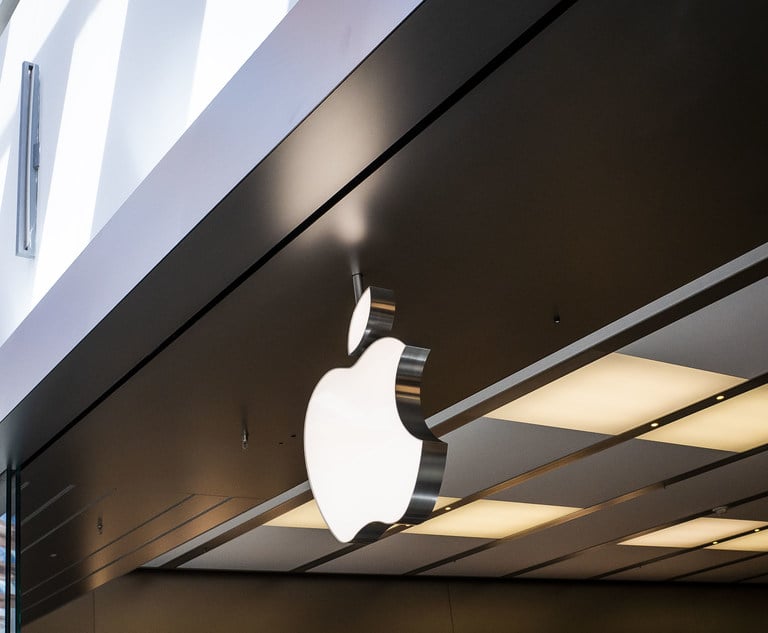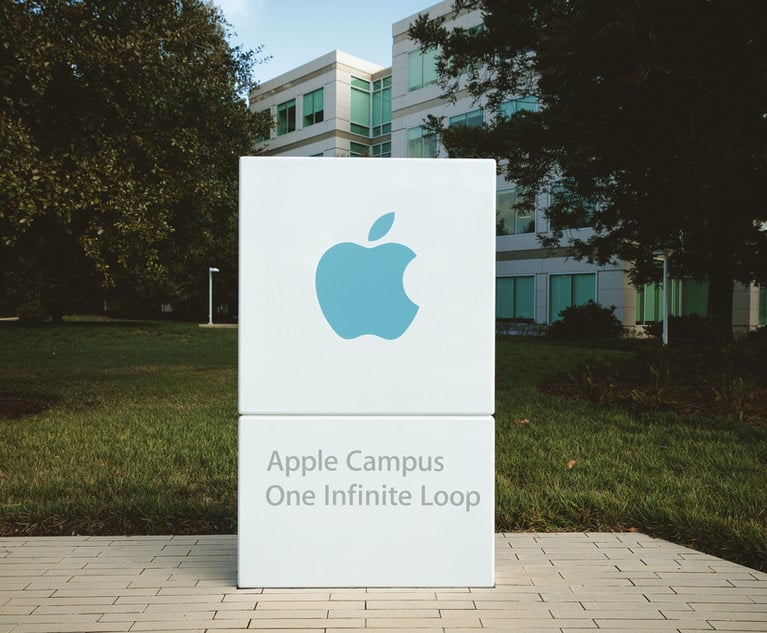In 2012, Comment 8 to Rule 1.1 of the ABA’s Model Rules, the duty of competence, was modified to require that lawyers know and understand “the benefits and risks associated with relevant technology.” Since then, over 30 jurisdictions have modified their own version of the Rules of Professional Conduct to require that lawyers have some basic level of understanding of technology in order to be able to practice law competently. In 2016, however, the Special Committee on Attorney Ethics and Admissions declined to recommend adoption of this comment for New Jersey. It noted that “the language of our Rule diverges from that of the Model Rule; our ‘competence’ rule solely addresses ‘gross negligence’ and ‘pattern of negligence’ so commentary in our Rule on competence or proficiency with technology was not appropriate.”
Whatever may have been the wisdom of that decision in 2016, we think it should be reconsidered in light of the vivid demonstration playing out before our eyes in the current national emergency that only through technology considerably more advanced than the telephone are lawyers able to communicate adequately with their clients, their professional colleagues, and the courts. Most of our readers are viewing this, presumably, “hunkered down” at their homes equipped with high speed internet. Since face-to-face meetings carry with them, for the moment, socially irresponsible risks of coronavirus transmission, practicing lawyers, judges, and law professors have been undergoing crash courses in various videoconferencing platforms for interactions where voice only communication is insufficient, such as when documents must be mutually examined or visual presentations made. Even before the current crisis, courts have converted to e-filing in which an attorney’s password is the same as a signature, and where we can only be partially willing to accept ignorance of technology or other excuses for mistakes made by assistants or vendors of e-filing services.


 Credit: Maksim Kabakou/Shutterstock.com
Credit: Maksim Kabakou/Shutterstock.com




